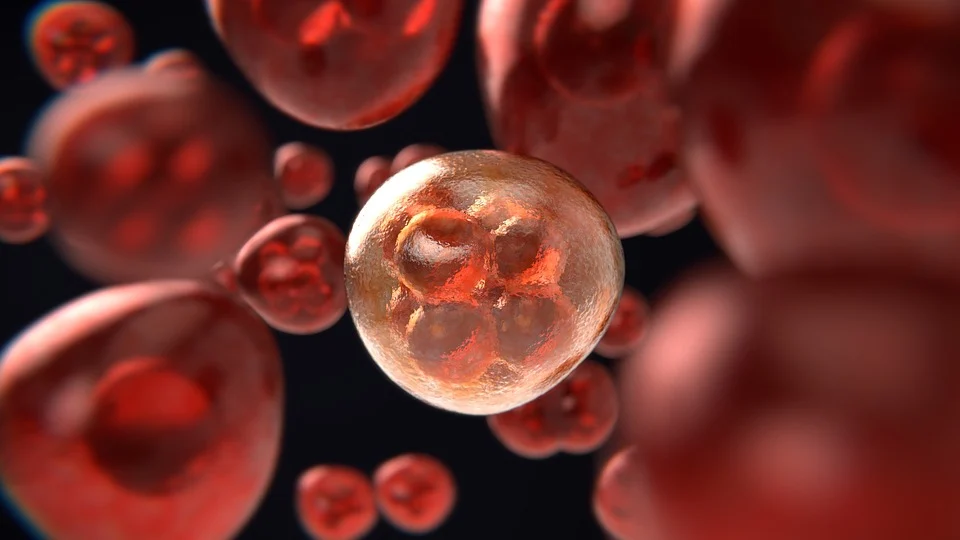Scientists in the United Kingdom claim to have devised a novel method for slowing down the aging process of skin cells by roughly 3 decades. New study out of the Babraham Institute’s genetic and epigenetic research group shows that older cells may be reactivated, but not completely.
These partly revitalized cells, on the other hand, exhibited evidence of resembling younger cells.
Even though this study is at a very early stage, it might have important consequences for the development of regenerative healthcare and the creation of cells that are more effective at repairing wounds.
It is believed by the scientists that the capacity to manufacture so-called “induced stem cells,” which are stem cells that have had part of their specific markers removed, is an essential tool in regenerative biology.
A novel procedure known as maturation stage transient reprogramming was employed to produce stem cells in the research, rather than completely deleting the identity of cells. As a result of the novel technique, which interrupts the process midway through, the cells may be made biologically fresher while yet maintaining their unique role.
Cells that had undergone reprogramming were found to have returned to their skin cell or fibroblast origins and to have generated more collagen proteins, which give tissues shape and aid in the healing of wounds, than cells that had not.
Our ability to pinpoint genes that renew without reprogramming may one day allow us to target those to lessen the aging process. Potential breakthroughs might open up a wide range of new treatment avenues using this method.
The scientists next created an artificial incision in a cell layer in a dish to test the revived cells. Reprogrammed cells not only jumped 30 years in time, but the approach also affected genes connected to age-related disorders, including Alzheimer’s and cataracts, according to the scientists.
The study was published in the journal eLife.













Leave a Reply